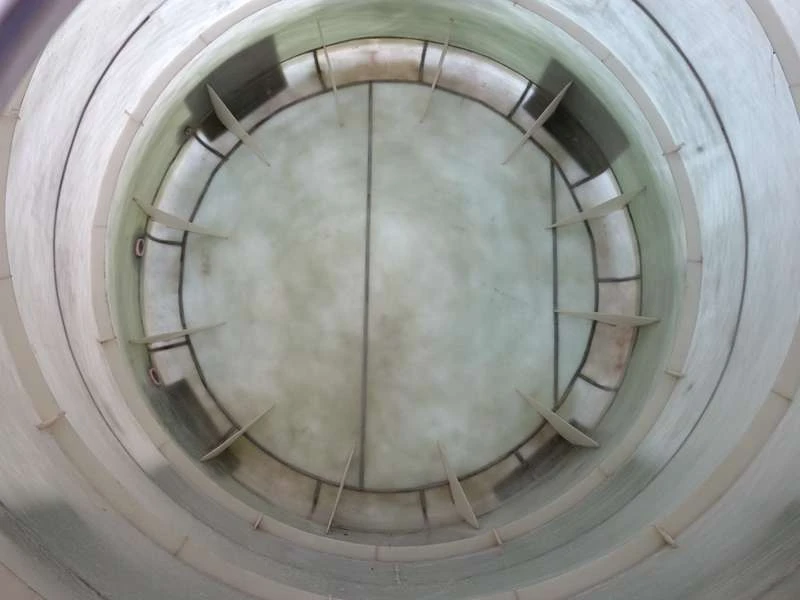
-
 Afrikaans
Afrikaans -
 Albanian
Albanian -
 Amharic
Amharic -
 Arabic
Arabic -
 Armenian
Armenian -
 Azerbaijani
Azerbaijani -
 Basque
Basque -
 Belarusian
Belarusian -
 Bengali
Bengali -
 Bosnian
Bosnian -
 Bulgarian
Bulgarian -
 Catalan
Catalan -
 Cebuano
Cebuano -
 China
China -
 China (Taiwan)
China (Taiwan) -
 Corsican
Corsican -
 Croatian
Croatian -
 Czech
Czech -
 Danish
Danish -
 Dutch
Dutch -
 English
English -
 Esperanto
Esperanto -
 Estonian
Estonian -
 Finnish
Finnish -
 French
French -
 Frisian
Frisian -
 Galician
Galician -
 Georgian
Georgian -
 German
German -
 Greek
Greek -
 Gujarati
Gujarati -
 Haitian Creole
Haitian Creole -
 hausa
hausa -
 hawaiian
hawaiian -
 Hebrew
Hebrew -
 Hindi
Hindi -
 Miao
Miao -
 Hungarian
Hungarian -
 Icelandic
Icelandic -
 igbo
igbo -
 Indonesian
Indonesian -
 irish
irish -
 Italian
Italian -
 Japanese
Japanese -
 Javanese
Javanese -
 Kannada
Kannada -
 kazakh
kazakh -
 Khmer
Khmer -
 Rwandese
Rwandese -
 Korean
Korean -
 Kurdish
Kurdish -
 Kyrgyz
Kyrgyz -
 Lao
Lao -
 Latin
Latin -
 Latvian
Latvian -
 Lithuanian
Lithuanian -
 Luxembourgish
Luxembourgish -
 Macedonian
Macedonian -
 Malgashi
Malgashi -
 Malay
Malay -
 Malayalam
Malayalam -
 Maltese
Maltese -
 Maori
Maori -
 Marathi
Marathi -
 Mongolian
Mongolian -
 Myanmar
Myanmar -
 Nepali
Nepali -
 Norwegian
Norwegian -
 Norwegian
Norwegian -
 Occitan
Occitan -
 Pashto
Pashto -
 Persian
Persian -
 Polish
Polish -
 Portuguese
Portuguese -
 Punjabi
Punjabi -
 Romanian
Romanian -
 Russian
Russian -
 Samoan
Samoan -
 Scottish Gaelic
Scottish Gaelic -
 Serbian
Serbian -
 Sesotho
Sesotho -
 Shona
Shona -
 Sindhi
Sindhi -
 Sinhala
Sinhala -
 Slovak
Slovak -
 Slovenian
Slovenian -
 Somali
Somali -
 Spanish
Spanish -
 Sundanese
Sundanese -
 Swahili
Swahili -
 Swedish
Swedish -
 Tagalog
Tagalog -
 Tajik
Tajik -
 Tamil
Tamil -
 Tatar
Tatar -
 Telugu
Telugu -
 Thai
Thai -
 Turkish
Turkish -
 Turkmen
Turkmen -
 Ukrainian
Ukrainian -
 Urdu
Urdu -
 Uighur
Uighur -
 Uzbek
Uzbek -
 Vietnamese
Vietnamese -
 Welsh
Welsh -
 Bantu
Bantu -
 Yiddish
Yiddish -
 Yoruba
Yoruba -
 Zulu
Zulu
'corrosion-resistant fiberglass for enduring durability.'
The Importance of Corrosion-Resistant Fiberglass for Enduring Durability
In various industries, the integrity and longevity of materials are crucial factors that contribute to operational efficiency and cost-effectiveness. One material that has gained significant attention for its durability and resistance to harsh environmental conditions is corrosion-resistant fiberglass. This composite material is engineered to withstand corrosion from chemicals, moisture, and extreme temperatures, making it an ideal choice for a myriad of applications, from industrial settings to consumer products.
Understanding Corrosion-Resistant Fiberglass
Corrosion-resistant fiberglass is composed of glass fibers and a resin matrix that is specially formulated to resist degradation. The fibers provide strength and flexibility, while the resin protects the fibers and binds them together. This combination results in a lightweight yet incredibly strong material that can endure adverse conditions without compromising its structural integrity. Its resistance to corrosion stems from the chemical composition of the resin, which is often formulated with additives to enhance durability against a variety of corrosive substances, including acids, bases, and salts.
Applications Across Industries
The versatility of corrosion-resistant fiberglass makes it suitable for many applications across different sectors. In the chemical processing industry, for example, tanks, piping systems, and ventilation ducts made of fiberglass are commonly used due to their ability to safely handle corrosive chemicals without deterioration. Similarly, in the oil and gas sector, fiberglass is utilized for storage tanks and offshore platforms, where exposure to seawater and chemicals poses significant risks to conventional materials.
Beyond industrial applications, corrosion-resistant fiberglass is also making headway in consumer products. For instance, in the automotive industry, fiberglass components are increasingly used in vehicles to reduce weight and enhance fuel efficiency while ensuring durability against environmental factors. Additionally, in the construction sector, fiberglass is employed in roofing, siding, and wall panels, where its lightweight nature and resistance to the elements play a crucial role in extending the lifespan of structures.
'corrosion-resistant fiberglass for enduring durability.'

Environmental Benefits
In today's eco-conscious world, the sustainability of materials is another significant consideration. Corrosion-resistant fiberglass not only provides durability but also contributes to environmental protection. Its longevity means that products made from fiberglass last longer, reducing the need for frequent replacements and the associated environmental impact of manufacturing new products. Furthermore, fiberglass can be produced with recycled materials, further minimizing its ecological footprint.
Challenges and Considerations
While corrosion-resistant fiberglass has many advantages, it’s essential to consider some challenges associated with its use. Proper installation and maintenance are critical to ensuring its long-term performance. If not installed correctly, weaknesses can develop that may lead to premature failure. Additionally, while fiberglass is generally resistant to many corrosive agents, certain chemicals can still cause damage, so understanding the specific application environment is vital.
Conclusion
Corrosion-resistant fiberglass represents a significant advancement in materials technology, providing a robust solution for industries that require enduring durability. Its applications are broad, spanning chemical processing, oil and gas, automotive, and construction, demonstrating its versatility and resilience. As industries continue to strive for efficiency and sustainability, the preference for materials like corrosion-resistant fiberglass will likely grow, solidifying its place as a cornerstone in modern materials science. The combination of strength, lightweight properties, and resistance to environmental degradation positions fiberglass as an essential material for the future, helping industries thrive in demanding conditions while also minimizing their environmental impact. This innovative material not only withstands the test of time but also contributes to a more sustainable approach to manufacturing and environmental stewardship.
Latest news
-
Exploring the Benefits of Top Hammer Drifter Rods for Enhanced Drilling PerformanceNewsJun.10,2025
-
High-Precision Fiberglass Winding Machine for GRP/FRP Pipe Production – Reliable & Efficient SolutionsNewsJun.10,2025
-
FRP Pipes & Fittings for Shipbuilding - Corrosion-Resistant & LightweightNewsJun.09,2025
-
Premium FRP Flooring Solutions Durable & Slip-ResistantNewsJun.09,2025
-
Premium Fiberglass Rectangular Tanks Durable & Lightweight SolutionNewsJun.09,2025
-
Tapered Drill String Design Guide Durable Performance & UsesNewsJun.09,2025









